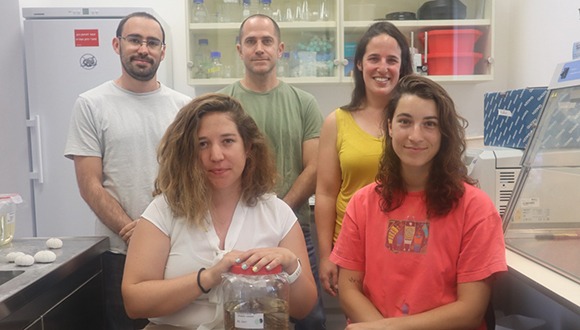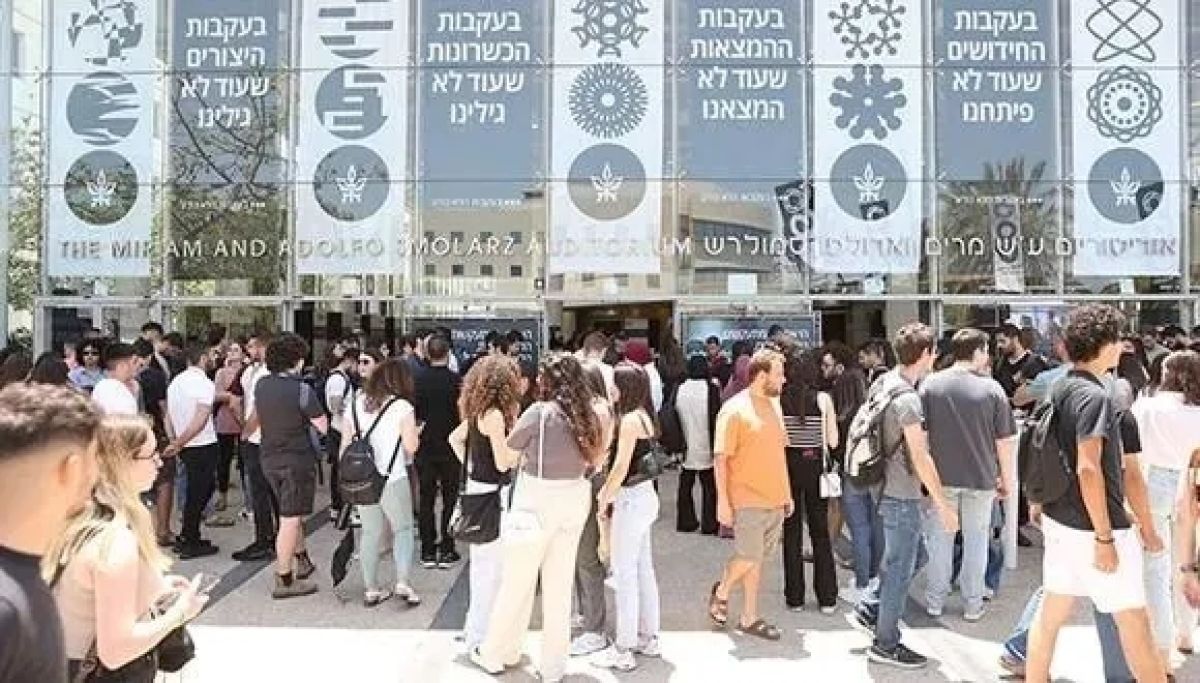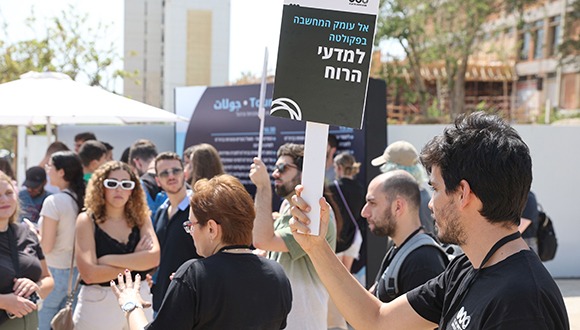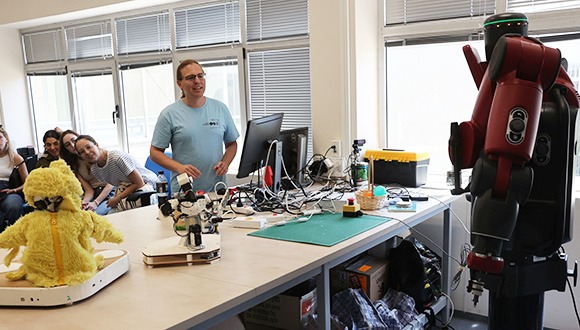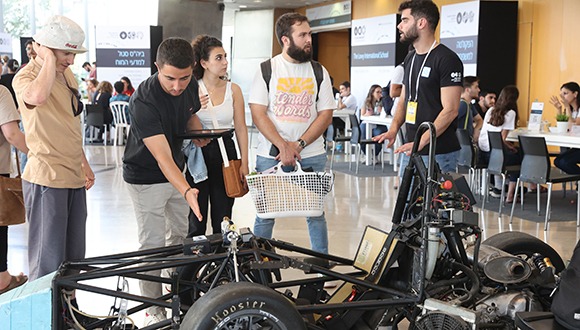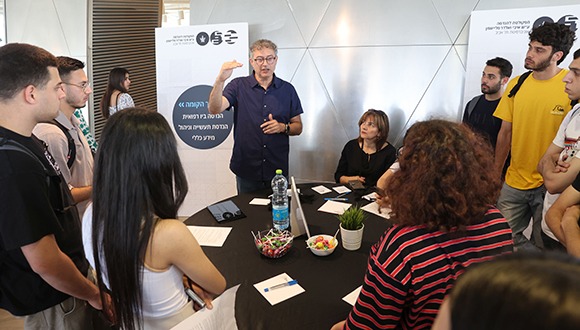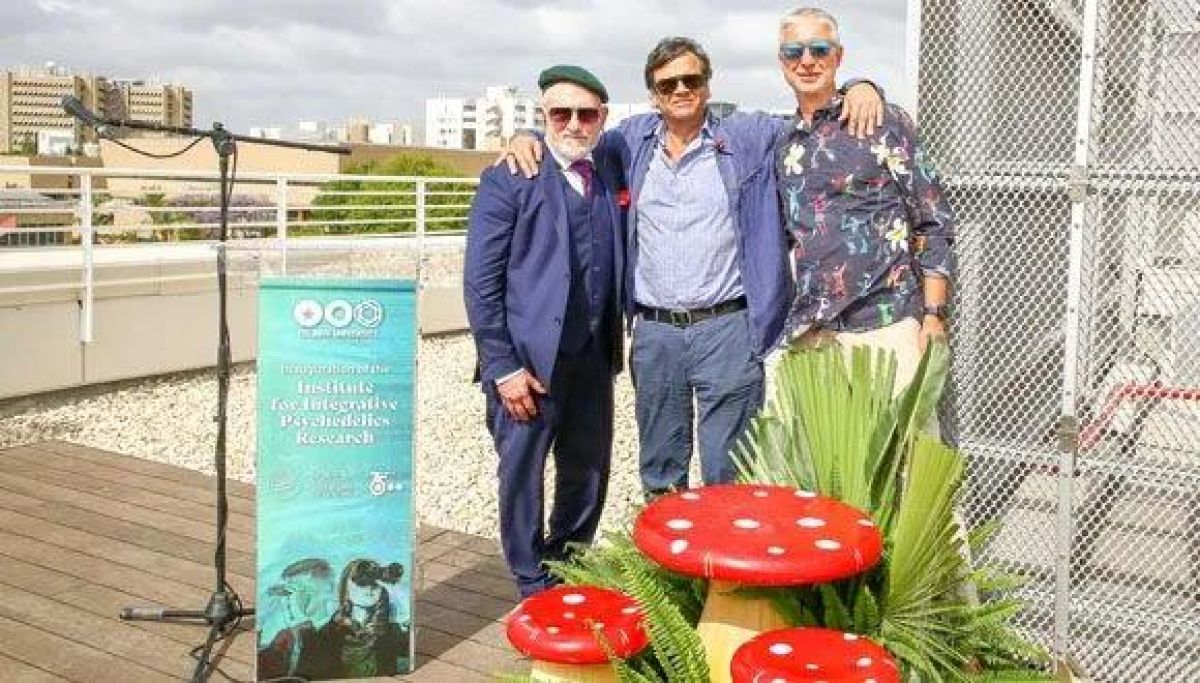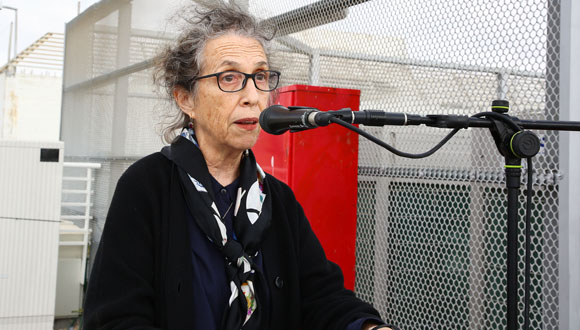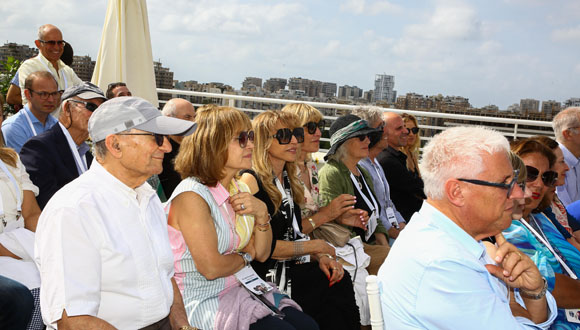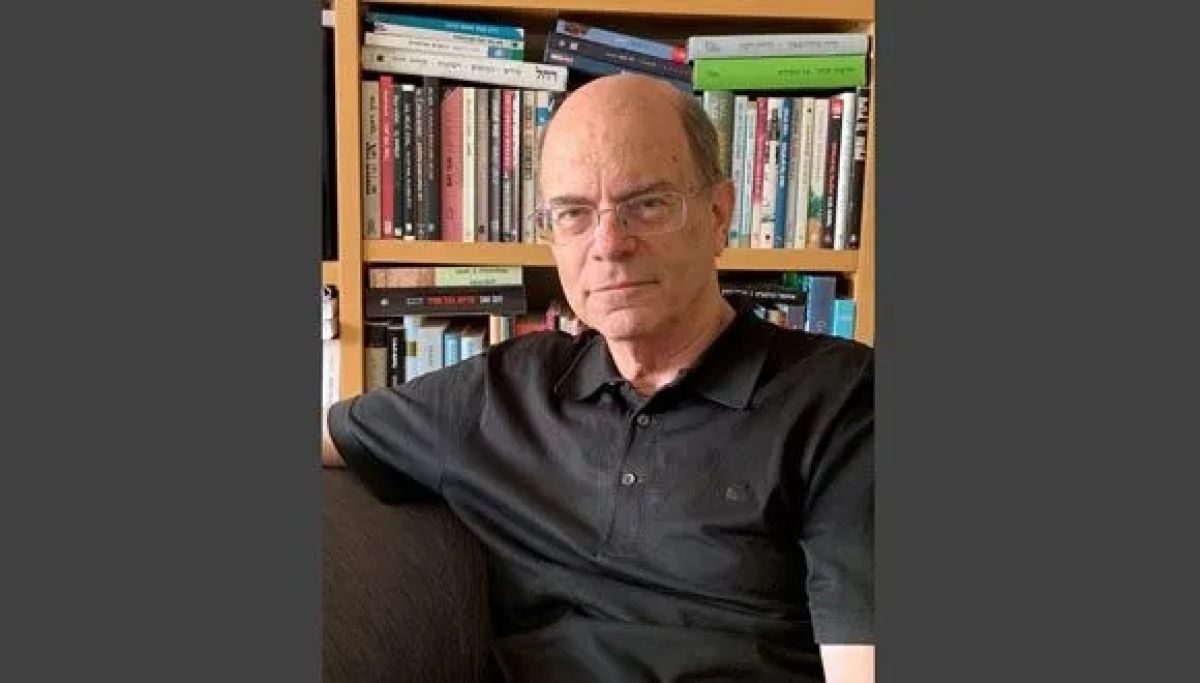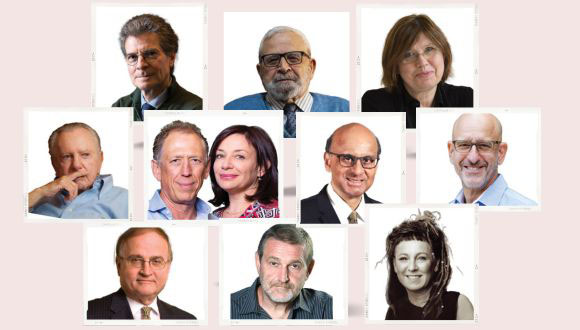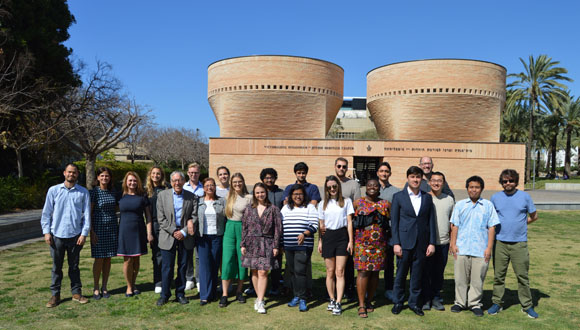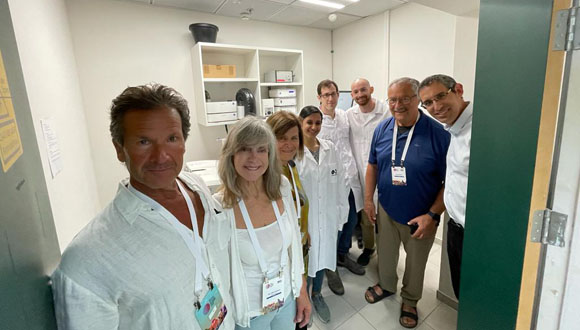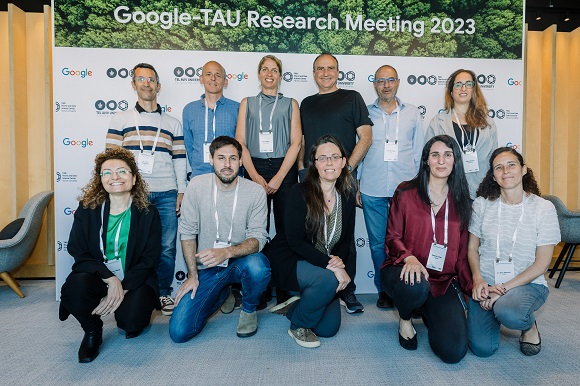New Studies Expose Coral Reef Crisis in Eilat
Deadly epidemic killed all the black sea urchins in the Gulf of Eilat, placing coral reefs at risk.
Recent, unsettling studies conducted by Tel Aviv University have unveiled a deadly epidemic responsible for the widespread decimation of black sea urchins in the Mediterranean Sea and the Gulf of Eilat. Over the span of just a few months, the entire population of black sea urchins in Eilat was eradicated. For instance, within a few weeks, thousands of sea urchins inhabiting a site near the northern shore of the Gulf of Eilat perished. The severity of the epidemic is such that only skeletal remains of black urchins now occupy the site. Disturbingly, similar occurrences have been observed at various other locations in the Gulf of Eilat, as well as in neighboring countries including Jordan, Egypt, Saudi Arabia, Greece, and Turkey.
“At first we thought it was some kind of pollution or poisoning, or a local chemical spill (…) but when we examined additional sites in Eilat, Jordan, and Sinai, we quickly realized that this was not a local incident. All findings pointed to a rapidly spreading epidemic.” – Dr. Omri Bronstein.
Unveiling Deadly Epidemic
The studies were led by Dr. Omri Bronstein and PhD students Rotem Zirler, Lisa-Maria Schmidt, Gal Eviatar, and Lachan Roth from the School of Zoology, at The George S. Wise Faculty of Life Sciences, and The Steinhardt Museum of Natural History at Tel Aviv University. The papers were published in Frontiers in Marine science and Royal Society Open Science.
The researchers underscore the vital importance of sea urchins, particularly the long-spined Diadema setosum, as keystone species essential for the thriving equilibrium of coral reefs. They express a pressing concern, stating, “It must be understood that the threat to coral reefs is already at an all-time peak, and now a previously unknown variable has been added. This situation is unprecedented in the documented history of the Gulf of Eilat.”
According to the researchers’ hypothesis, the cause of the deadly epidemic can be attributed to a pathogenic ciliate parasite that has spread from the Mediterranean to the Red Sea. In response to the gravity of the situation, an urgent report outlining the current state has been submitted to the Israel Nature and Parks Authority, instigating deliberation on emergency measures to safeguard Israel’s coral reefs.
“Sea urchins in general, and Diadema setosum in particular, are considered key species essential for the healthy functioning of coral reefs. The sea urchins are the reef’s ‘gardeners’ – they feed on the algae and prevent them from taking over and suffocating the corals that compete with them for sunlight.” – Dr. Omri Bronstein
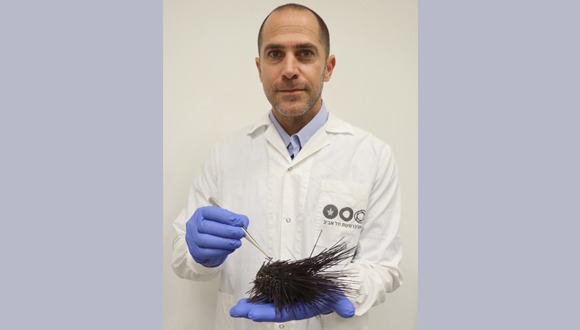
Dr. Omri Bronstein and a dying sea urchin
“At first we thought it was some kind of pollution or poisoning, or a local chemical spill, from the industry and hotels in the north of the Gulf of Eilat, but when we examined additional sites in Eilat, Jordan, and Sinai, we quickly realized that this was not a local incident,” explains Dr. Bronstein. “All findings pointed to a rapidly spreading epidemic. Similar reports are coming in from colleagues in Saudi Arabia. Even sea urchins that we grow for research purposes in our aquariums at the Interuniversity Institute, and sea urchins at the Underwater Observatory Marine Park in Eilat, contracted the disease and died, probably because the pathogen got in through the pumping systems.”
Dr. Bronstein describes it as a fast and violent death: “Within just two days a healthy sea urchin becomes a skeleton with massive tissue loss. While some corpses are washed ashore, most sea urchins are devoured while they are dying and unable to defend themselves, which could speed up contagion by the fish who prey on them.”
Invasion and Vanishing Species
In recent years, Dr. Bronstein’s research group has dedicated their efforts to the investigation of marine invasions, with a specific focus on the long-spined Diadema setosum. “Until recently, the black sea urchins with long spines, familiar to many of us, was one of the dominant species in Eilat’s coral reef,” reflects Dr. Bronstein. “Sea urchins in general, and Diadema setosum in particular, are considered key species essential for the healthy functioning of coral reefs. The sea urchins are the reef’s ‘gardeners’ – they feed on the algae and prevent them from taking over and suffocating the corals that compete with them for sunlight. Regrettably, these once-thriving sea urchins have vanished from the Gulf of Eilat and are quickly disappearing from constantly expanding parts of the Red Sea further to the south,” shares Dr. Bronstein with a sense of lament.
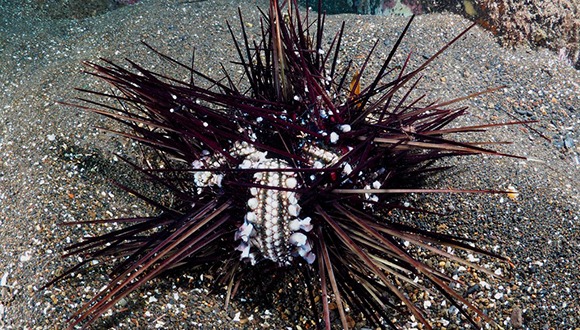
A dying urchin in the Mediterranean Sea (photo: Dr. Omri Bronstein)
Several months ago, Dr. Bronstein was alerted to the initial reports of widespread mortality by colleagues in Greece and Turkey, where the sea urchins had invaded, likely via the Suez Canal. “In 2006, the first sighting of this species of sea urchin occurred in the southern regions of Turkey,” Dr. Bronstein adds. This phenomenon, known as biological invasion, carries far-reaching ecological implications, pervasively affecting the eastern Mediterranean, particularly along Israel’s coastline. “We have been monitoring the dynamics of this species’ invasion in the Mediterranean since its first emergence,” he shares.
In 2016, they discovered the first Diadema setosum sea urchin along Israel’s Mediterranean coastline – a lone urchin sighted at Gordon Beach in Tel Aviv. For over a decade since the first discovery in Turkey, the Mediterranean populations of these sea urchins remained small and usually hidden. However, since 2018 the sea urchin population in the Mediterranean has been growing exponentially, reaching a state of population explosion – with giant populations of thousands and even tens of thousands found in Greece and Turkey.
“The window of opportunity for preserving a thriving population of this species in Eilat has regrettably closed. To establish a safeguard population, we must act without delay, by preserving healthy individuals from the Israeli Mediterranean before the encroaching disease from the north reaches this region.” Dr. Omri Bronstein
“However, during the course of our research, while scrutinizing the invasion of sea urchins in the Mediterranean, we began to receive reports on sudden extensive mortality,” says Dr. Bronstein. “While the extinction of an invasive species is supposedly not a bad thing, we must be aware of two major risks: Firstly, we don’t yet know how this mortality and its causes might impact local species in the Mediterranean. Secondly, and of far greater significance, the geographic proximity shared by the eastern Mediterranean and the Red Sea provides a potential conduit for the swift transmission of the pathogen into the Red Sea. As we feared and predicted, this is what appears to have happened.”
Dr. Bronstein and his research team (photo: courtesy of Dr. Omri Bronstein)
A Reminiscent Crisis
The massive loss of sea urchins reminded the TAU researchers of one of the most devastating events in marine ecology: the disappearance of the sea urchins in the Caribbean. Until 1983, the Caribbean coral reef thrived as a vibrant tropical ecosystem, much like the one in the Gulf of Eilat. But as the sea urchins vanished, the uncontrollable growth of algae took over, blocking sunlight from reaching the corals and forever altering the reef into a sea of algae.
Dr. Bronstein reveals, “Just last year, the Caribbean experienced another outbreak of the disease, resulting in the demise of the remaining urchin populations. However, unlike previous incidents, we now possess advanced scientific and technological resources to analyze the forensic evidence. Researchers from Cornell University successfully pinpointed the cause of mortality in the Caribbean: a pathogenic ciliate parasite. The identical pathology observed in the dying sea urchins of Greece, Turkey, and the Red Sea corroborates this finding.”
Dr. Bronstein’s pioneering research not only identified the unprecedented mass mortality of an invasive species in the Mediterranean but also shed light on the alarming decline of the widely prevalent sea urchin species, Diadema setosum. In a groundbreaking study, Dr. Bronstein issued a a warning that the epidemic plaguing the Mediterranean could extend its reach to the nearby Red Sea. Sadly, this cautionary prediction has become a disheartening reality.
Urgent Measures and Closing Window
“The gravity of the situation cannot be understated: the Red Sea is witnessing an alarming surge in mortality, surpassing the extent observed in the Mediterranean. Looming in the background is an ominous uncertainty: What is the exact cause of the sea urchin die-offs? Is it the same Caribbean pathogen or an entirely new and unfamiliar factor? Regardless, it is evident that this pathogen spreads through water, and we anticipate a rapid escalation of sickness and demise among the entire population of these sea urchins in both the Mediterranean and the Red Sea.”
“In my view, it is imperative that we swiftly establish a safeguard population for these sea urchins, ensuring the potential for their reintroduction into the wild. Similar to the approach taken with COVID-19, the trajectory of this epidemic remains uncertain. Will it eventually subside on its own, or persist for years, radically transforming coral reefs? However, unlike the COVID-19 pandemic, there are no available vaccines or treatments for the afflicted sea urchins. Hence, our efforts must be steadfastly directed towards prevention. The window of opportunity for preserving a thriving population of this species in Eilat has regrettably closed. To establish a safeguard population, we must act without delay, by preserving healthy individuals from the Israeli Mediterranean before the encroaching disease from the north reaches this region. While this is a complex undertaking, it is imperative if we aspire to secure the future of this unique species, which plays a critical role in the destiny of coral reefs,” concludes Dr. Bronstein.


